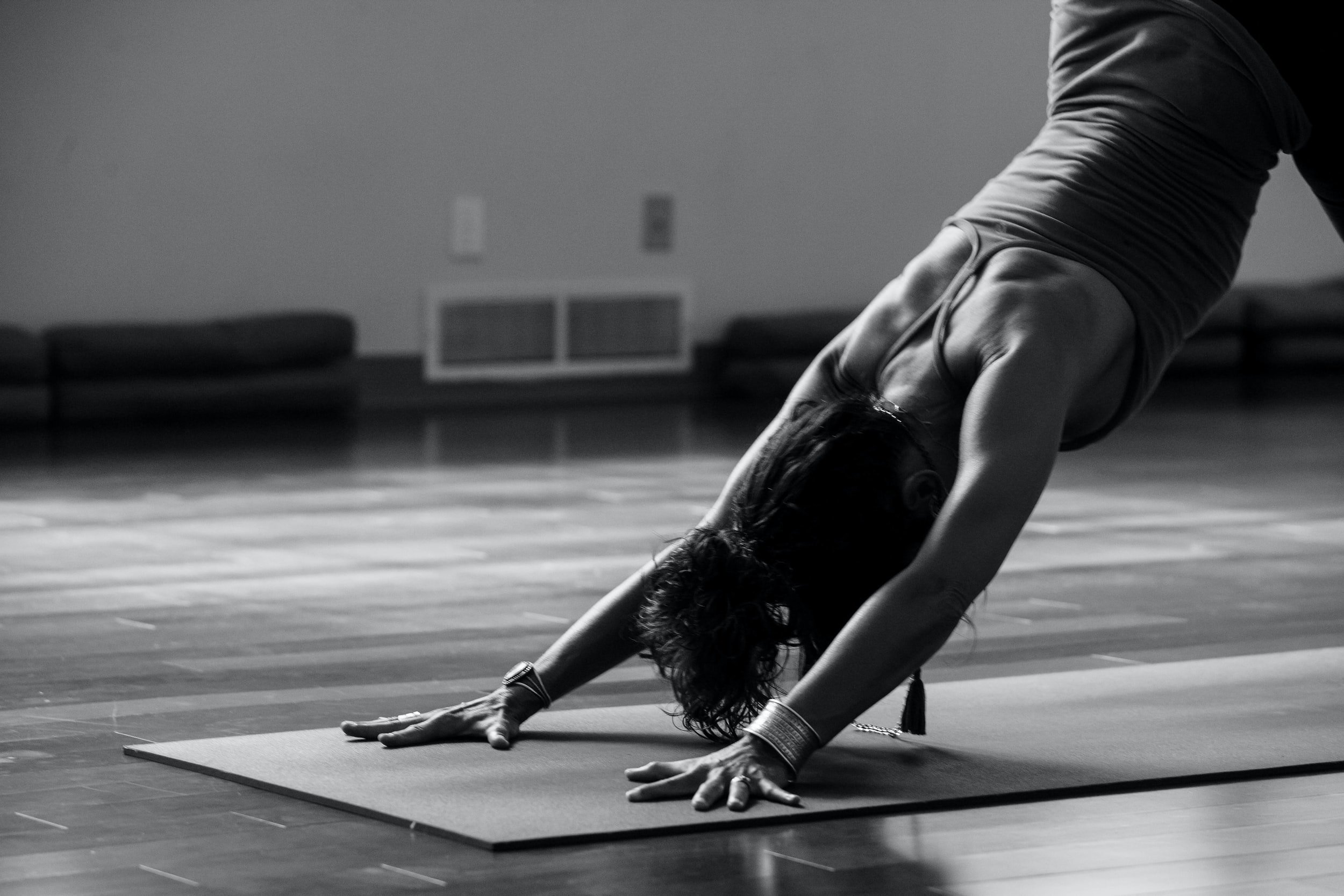Are the 200 hours done all at once in a 3 week immersion? Or are they spread out across weeks or months? Having experienced both types, I can say that neither is better, but there are things to keep in mind about each. The immersive experience is life changing in its own way, because you get to take 3 weeks away from your usual responsibilities and habits and practice living the yoga lifestyle in a very structured way, doing yoga and meditation all day, getting up early, going to bed early, probably being fed a very healthy vegetarian diet, being surrounded by people who are all on a very high frequency with similar intentions as you. It can work well for some people who don't have major work responsibilities or young children at home, and it can be an amazing way to break some bad habits and start new ones. In my experience I felt absolutely amazing afterwards, living on a high that lasted for a couple weeks after the training but slowly diffused as I entered the real world and lost a lot of the habits I'd been practicing during the training. In contrast, my second training experience was spread out over 6 months, one long weekend a month. I realized during this experience the benefit of having time to practice and integrate the knowledge I was gaining. It is pretty challenging to retain a ton of new information when taken in a short amount of time, unless you have an absolutely incredible memory. I found the 6-month format to have a more lasting impact on my habits, my lifestyle, and my knowledge and understanding of the many facets of yoga. For a lot of people with regular daily work and family commitments, this format is a lot more accessible too, plus usually, you can work out a payment plan spread out over the months of the training rather than pay all at once for the 3-week immersion.
Is it Yoga Alliance approved?
I mentioned before about what it takes for a yoga school or teacher trainer to be accredited. I was referring to the most well-known and generally well-respected governing body for yoga teacher trainings at least in America, Yoga Alliance. Although it's a free world and anyone could offer YTT without Yoga Alliance accreditation, if you are thinking about teaching in a yoga studio after graduation, yoga studios these days will probably want to see that your training is approved by Yoga Alliance because they will know that there has been some oversight into the content and structure of your training that they can trust. I am aware that there are other organizations accrediting yoga teacher trainings, but as far as 200-hour trainings go Yoga Alliance is definitely the most well known and generally most well thought of.
Is it in person or online?
This question is one I can hardly believe I have to include because I personally have a major issue with online yoga teacher training. Yes it has been done, and some people who lead them or who have done them give them good reviews, but to me it’s obvious that trying to learn to teach yoga on a computer is ridiculous. Yoga is such a nuanced, energetic, sensitive practice, meant to reconnect us to what is true and real. Spending hours and hours in front of screen, without any physical connection with your teacher, any physical feedback for adjusting your or your student's posture, just lacks so much depth. Not to mention, one of the most beautiful parts of a yoga teacher training are the friendships you make with your classmates and personal relationship you develop with your teachers, which is naturally going to be so constrained in an online-only program. Granted, during the pandemic, many people had to make do with online events because it was the only way most people could connect, but I am truly hoping that this temporary solution dissolves and we get back to real, live, community-oriented connection with each other.
How many students?
A final point I'd like to make is considering the size of your training group. A huge class size means less connection with your teachers, less time to get your questions answered, and less chance of having your teachers give you personal feedback. Large group events also make it generally harder to maintain a relaxed, balanced nervous system state, ideal for retaining information, forming connections, and staying vital and healthy. Personally I like to keep my trainings to 14 or less for these reasons.



